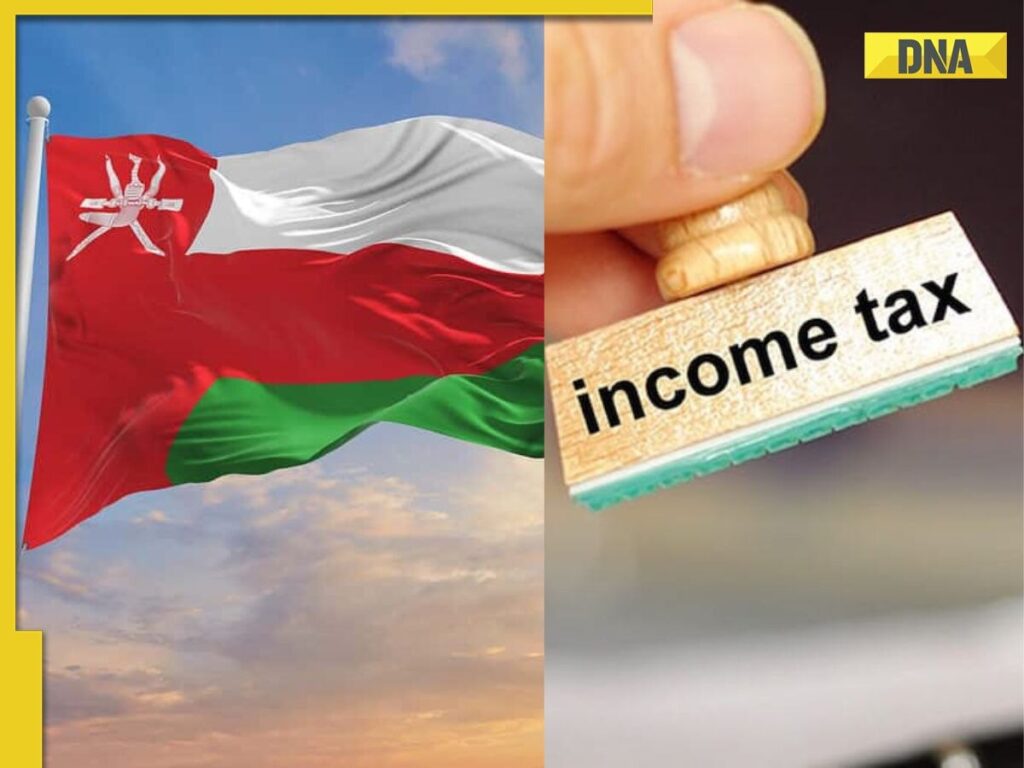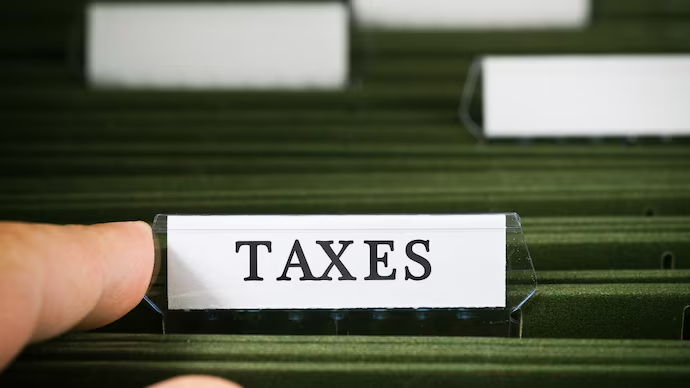Oman income tax has officially been introduced, making the country the first Gulf state to take this bold step. The move is part of Oman’s wider strategy to reduce its heavy reliance on oil revenues and strengthen its long-term economic stability.
This decision marks a historic turning point, not only for Oman but also for the entire Gulf region, where governments have long depended on hydrocarbon exports to fund their budgets and maintain generous welfare systems.
Why Oman Introduced Income Tax
For decades, oil wealth allowed Gulf states to thrive without imposing direct taxes on citizens. But declining oil prices, coupled with the global shift toward renewable energy, have forced governments to rethink their economic models.
Oman, with fewer oil reserves compared to its neighbors like Saudi Arabia and the UAE, has faced greater pressure. The COVID-19 pandemic worsened its fiscal challenges, pushing the government to look for new, sustainable revenue sources.
The Oman income tax law is therefore more than just a fiscal reform—it is a survival strategy in a rapidly changing world.
Key Features of the New Oman Income Tax
While full details are still being rolled out, here is what is known so far:
- The tax will primarily apply to higher-income individuals and professionals. Middle- and low-income groups will be protected.
- Rates are expected to follow a progressive system where higher salaries face higher rates.
- The reform complements earlier corporate tax reforms and VAT introduction.
- Exemptions will likely support small businesses and lower-income households.
This balanced approach helps ensure fairness while avoiding shocks to ordinary citizens and small entrepreneurs.
Oman Income Tax in Regional Context
Introducing income tax in the Gulf is unprecedented. Until now, Gulf Cooperation Council (GCC) members relied on indirect measures like VAT and excise taxes.
Saudi Arabia introduced VAT in 2018, later raising it to 15 percent. The UAE imposed VAT at 5 percent in 2018 and is launching a corporate tax regime in 2023. Qatar, Kuwait, and Bahrain continue to depend almost entirely on oil and gas revenues.
By becoming the first Gulf country with an income tax, Oman signals a break from the old oil-funded model. This bold step could encourage other Gulf states to follow in the coming years.

Economic Impact of Oman Income Tax
Stabilizing Public Finances
Oman has one of the highest debt-to-GDP ratios in the Gulf. Income tax revenue will provide a steady, non-oil income stream, reducing dependence on volatile oil prices.
Boosting Investor Confidence
Clear and transparent taxation systems often attract more foreign investment. Investors see tax regimes as a sign of institutional maturity and long-term planning.
Encouraging Fiscal Responsibility
With tax contributions from individuals, governments are expected to improve efficiency and accountability in public spending.
Supporting Diversification
Income tax will help fund Oman’s economic diversification goals, including investments in tourism, logistics, green energy, and technology.
Public Reaction to Oman Income Tax
The announcement sparked debates among citizens. Many Omanis have never paid income tax before, making this a significant cultural shift.
Concerns include rising living costs and reduced disposable income. Others view it as a necessary sacrifice for future stability. Some point to developed nations where income tax is the norm, arguing that Oman is aligning with global practices.
The government has emphasized that fairness and gradual implementation will be at the heart of the policy, aiming to win public trust.
How Oman Income Tax Fits Into Vision 2040
Oman’s Vision 2040 is a blueprint for reducing oil dependency and building a knowledge-based economy. The new income tax supports this vision by ensuring financial sustainability, funding education and innovation, attracting global investment, and building a resilient economy capable of handling global shocks.
Lessons from Other Countries
While Oman is the first in the Gulf, other resource-rich countries have faced similar challenges. Norway successfully built a sovereign wealth fund with taxation and oil revenues. Nigeria struggled with overreliance on oil due to weak tax collection and governance. Malaysia used taxes to fund industrial diversification, reducing oil’s share in GDP.
Oman seems determined to follow the Norway and Malaysia models, combining fiscal reforms with investment in future industries.
Potential Challenges Ahead
Even with careful design, Oman income tax could face hurdles. Citizens may resist paying taxes after decades of tax-free living. Building a modern tax collection system requires strong institutions and transparency. Some skilled workers might prefer tax-free neighbors like UAE or Qatar. And with global inflation, introducing new taxes may weigh on consumer spending.
However, with gradual rollout and clear communication, Oman can mitigate these risks.
Could Other Gulf States Follow Oman?
Experts are closely watching how Oman’s experiment unfolds. If successful, countries like Kuwait and Bahrain, which face fiscal strains, may consider similar steps.
Saudi Arabia and UAE, with deeper pockets, are less likely to rush into income taxation but could explore it in the next decade as oil demand declines globally.
Oman may therefore set a precedent for the region, proving that tax reform is possible in the Gulf without destabilizing society.
Global Relevance of Oman’s Move
Oman’s introduction of income tax matters far beyond its borders. As the world shifts away from oil, Gulf states must adapt. Other resource-reliant nations can learn from Oman’s proactive reforms. Credit rating agencies and global investors are also likely to view Oman more favorably after this bold step.
What It Means for Citizens and Expats
Omani citizens with higher incomes will shoulder the tax burden, but the system aims to protect middle- and low-income groups. Depending on final rules, expatriates working in Oman may also be taxed, especially those in high-income brackets. Businesses will need to adjust, as income tax could reshape labor market dynamics and salary structures.
Looking Ahead
The introduction of Oman income tax is not just a policy shift—it is a signal of changing times. Oil may still play a role in the country’s economy, but the future will be built on diversified revenue, sustainable industries, and a culture of shared responsibility.
Oman is stepping into uncharted territory in the Gulf, but if the plan succeeds, it could inspire a new wave of reforms across the region.
Conclusion
By becoming the first Gulf state to introduce income tax, Oman has taken a historic step to reduce oil dependence and secure its economic future. While challenges remain, the move reflects courage, foresight, and commitment to long-term stability.
As the global energy landscape shifts, Oman is proving that adaptation is not just necessary—it is possible. The rest of the Gulf, and indeed the world, will be watching closely.
Read More: Bahrain Introduces Domestic Minimum Top-Up Tax: What It Means for Businesses



